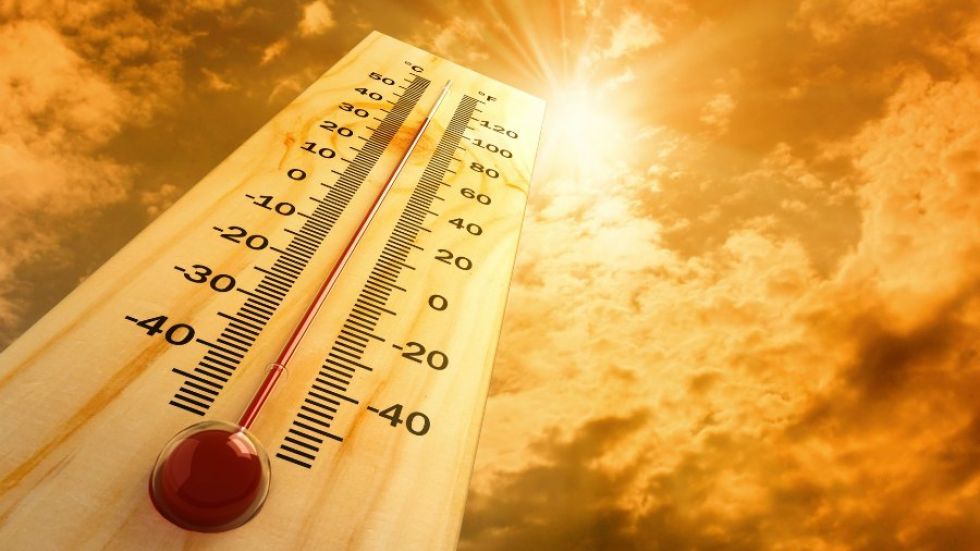The first Global Conference on Synergies between the 2030 Agenda and Paris Agreement is currently being held in Copenhagen, and perhaps the Danish capital is the perfect city the host the event – for more reasons than one.
That’s because, aside from being a global leader in green solutions, a new report has documented that over the past 20-30 years Denmark has seen a temperature increase that is twice as high as the rest of the planet.
The figures, published by the Climatic Research Unit and the Hadley Centre (HadCRUT4) in the UK, showed that the average temperature in Denmark has increased by 1.02 degrees over the past three decades – twice as much as the global average increase of 0.43 degrees.
READ MORE: Youth climate protests: Striking urgency into the establishment to effect change … today
21st century roast
The spike is even more extreme when looking at the past two decades. Since 1999, the average temperature in Denmark has shot up by 1.2 degrees – compared to 0.52 globally. In fact, last year ended up being the second warmest in recorded history, and 13 of Denmark’s 20 warmest years have been in the 21st century.
Aside from Denmark, other countries to experience similar temperature increases were Norway, Sweden and Canada.
The rise in temperature can have a long range of consequences, such as rising sea levels, flooding, heatwaves and more forest fires.















